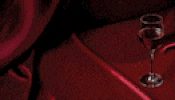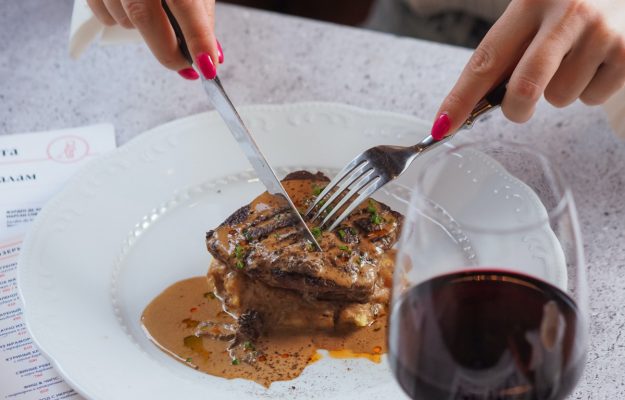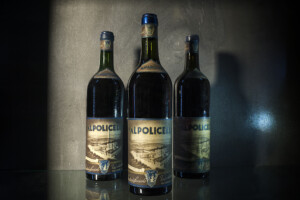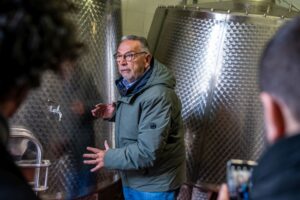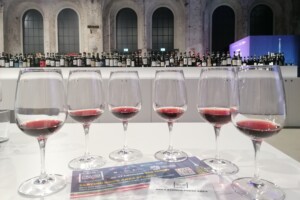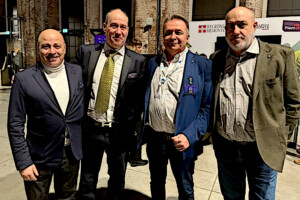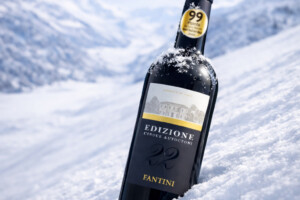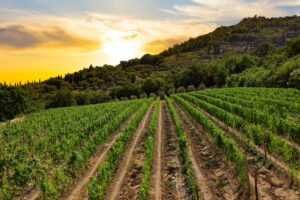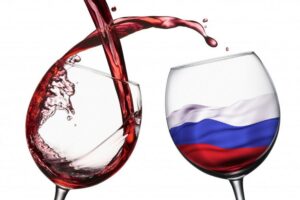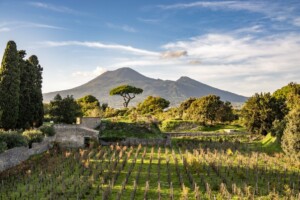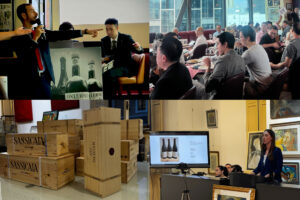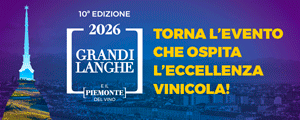“Great result in Europe: the Commission has removed meat and wine from the list of foods considered harmful to health. This is very important news for the whole nation, a victory that we have obtained by fighting with determination in defense of Italian excellence”. This was announced yesterday, on his Facebook profile, by the Minister of Agriculture and Food Sovereignty, Francesco Lollobrigida, who, on Immaculate Conception Day, brought long-awaited news for a fundamental part of Italian agribusiness. A battle on which the entire agri-food made in Italy (and not only) has been fighting for a long time, but which Lollobrigida claims, adding, “not only that, now there are also more economic resources for Geographical Indications, with an additional 2 million euros (with the endowment for promotion in the domestic market rising from 7 to 9 million euros, ed.), just as we had asked for. All this shows that our new approach is paying off. The Meloni government’s change of pace, teamwork, and attention to the agrifood world are the tools with which we defend Italian products and give precise answers to needs that had gone unmet for too long now. Onward and upward”. Everything, still, is off the record, and more details will be forthcoming when the Agriculture Commission publishes its “Work Program 2023”, expected any day now. But in any case, Paolo De Castro, MEP and rapporteur for the reform of the Geographical Indications regulation, confirms to WineNews from Brussels, there is only one step missing, which is in fact only a formal one, for what is in any case “good news. But let’s keep our guard up for the next regulation”, De Castro stressed. A step forward, then, on the so-called “horizontal promotion” front, which, moreover, according to rumors, could also see an increase in budget compared to the 185.9 million euros allocated at the EU level for 2022.
Among the first comments, on the wine front, came that of Assoenologi president Riccardo Cotarella: “I express great satisfaction for the decision taken by the European Commission to remove wine, cured meats and red meat from the list of foods harmful to human health. This news was announced by the Minister of Agriculture and Food Sovereignty, Francesco Lollobrigida, whom I personally thank, together with the entire Italian government, for his commitment in these first weeks at the helm of the ministry. Assoenologi, for years, has fought to achieve this result”, Cotarella added, “and has done so with the support of science and doctors, demonstrating on several occasions that wine, if consumed in moderation and with awareness, does not harm our health. The European Commission's decision to remove wine, cured meats and red meat from the list of harmful foods is a clear change of course that gives us hope for the future, but without letting our guard down. Remember that there is always a document fired by the World Health Organization that indicates wine as a possible hazardous product. Assoenologi will continue to monitor the issue very closely and will also do so in mid-January during the symposium organized precisely to talk about the topic of wine and health”.
Also commenting positively on the positive step forward on the promotion front are Coldiretti and Filiera Italia: “the attempt to exclude from European promotion funding meat, cured meats, wine and beer under attack from an ideological approach that discriminates against foods that are fully part of the Mediterranean diet has been stopped”, the two organizations say, pointing out that the European Commission has revised the annual work program on the Promotion of Agri-Food Products for 2023 has eliminated the elements of penalization for these products.
“The work done in recent months that has led us to a direct confrontation with EU Commissioners Timmermans (Climate and Green Deal), Wojciechowski (Agriculture) and Gentiloni (Economic Affairs) and that done by our government has broken the front at the European level”, said Coldiretti President Ettore Prandini in stressing that “it is necessary, however, to keep our guard up so that in the next regulation we do not go back to demonizing certain products instead of working on correct information on the amount of food that should be consumed throughout the day”. “The EU’s promotion policy must continue to support all agricultural products in the Union by rejecting discriminatory attitudes that risk fostering the propaganda of the shift to a one-world diet, where synthetic food is a candidate to replace natural food”, says Luigi Scordamaglia, Filiera Italia’s managing director. The just commitment of the European Commission to protect the health of citizens, according to Coldiretti, cannot result in simplistic decisions that risk unfairly criminalizing individual products regardless of the quantities consumed. The nutritional balance - Coldiretti and Filiera Italia point out - should in fact be sought among the different foods consumed in the daily diet and certainly not by condemning the specific product. “The limits placed on promotion risked hitting products with centuries-old traditions with a devastating impact on the biodiversity of the territory affecting typical products and especially families engaged in fighting, often for entire generations, depopulation and degradation. Italy - Coldiretti and Filiera recall - is the country richest in small traditional typical products that need support to make themselves known on the market and that without support for promotion risk instead being condemned to extinction. That of Italian meat and cured meats - Coldiretti and Filiera Italia point out - is a leading sector of the national agri-food industry thanks to the work of about one hundred thousand people between breeding, processing, transport and distribution with a turnover worth 30 billion. Not to mention the economic flywheel generated by Italian wine, which is worth over 11 billion in turnover and offers job opportunities in the supply chain to 1.3 million people”.
Copyright © 2000/2026
Contatti: info@winenews.it
Seguici anche su Twitter: @WineNewsIt
Seguici anche su Facebook: @winenewsit
Questo articolo è tratto dall'archivio di WineNews - Tutti i diritti riservati - Copyright © 2000/2026

